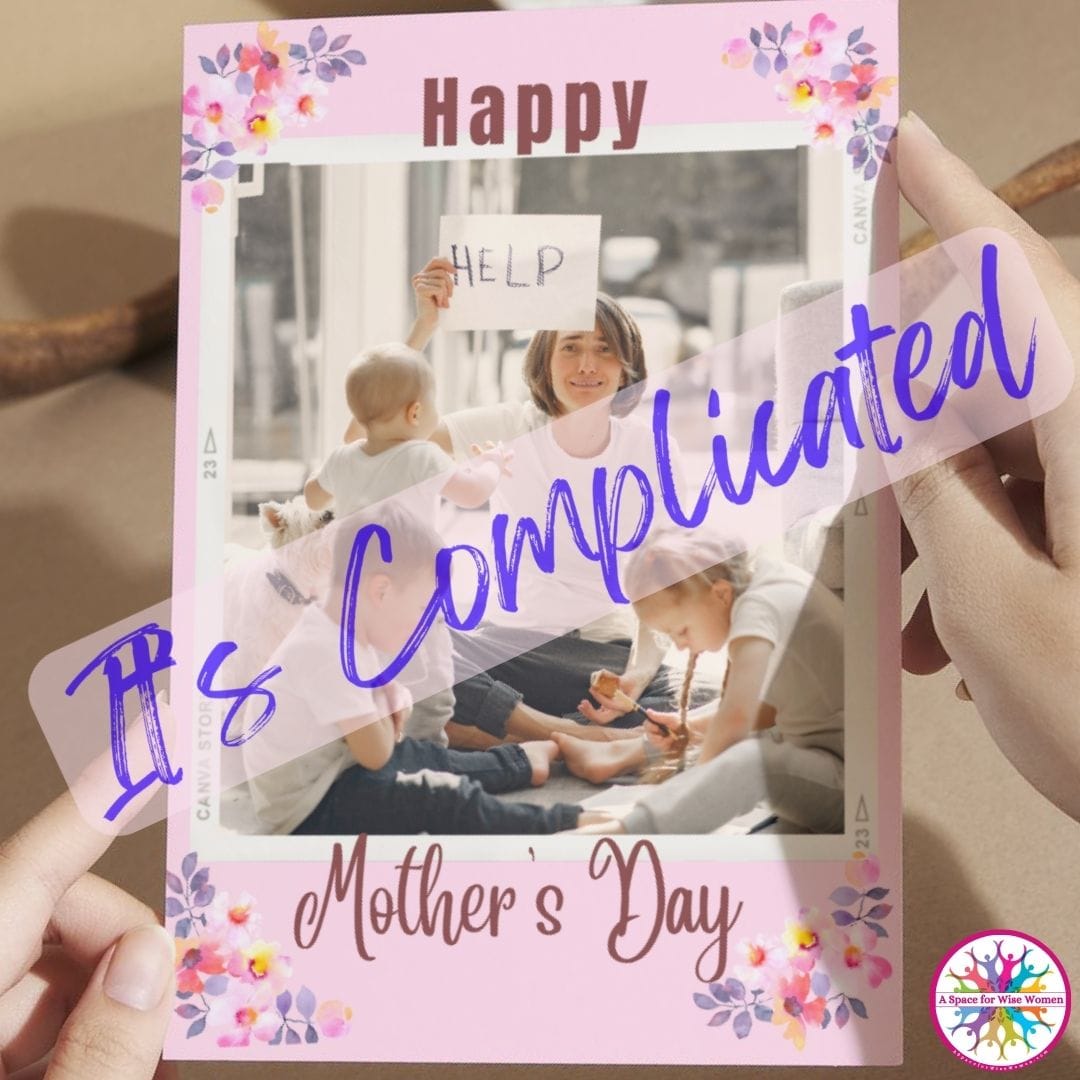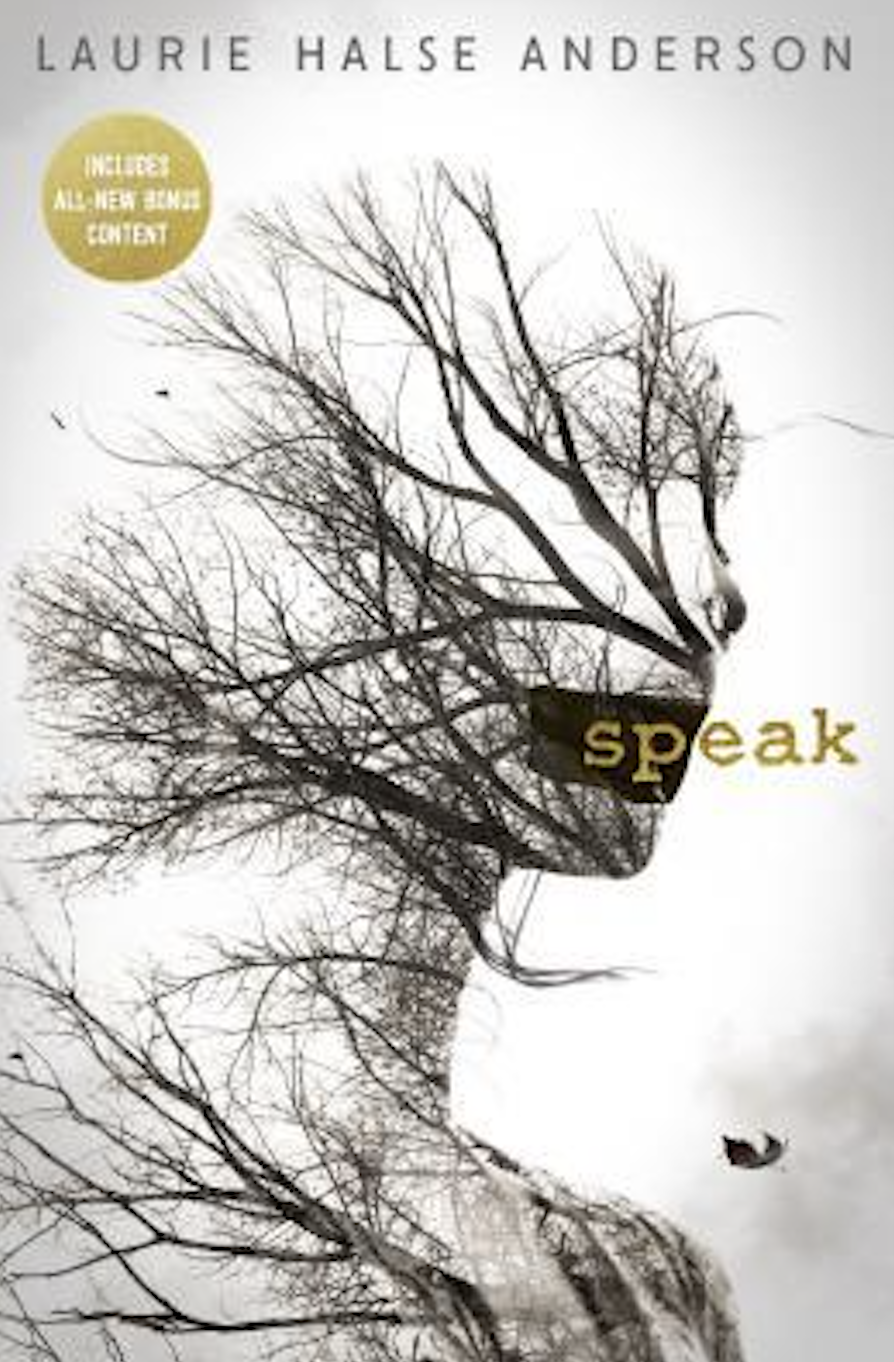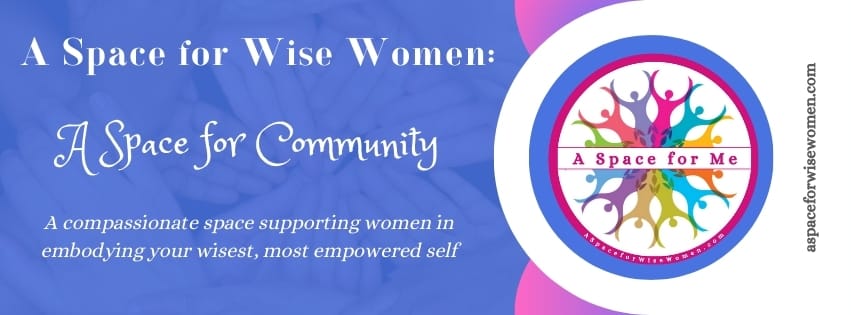Unpacking Shame on Mother’s Day: Expose the Fairy Tale
In this Inside edition, we're exploring how shame shows up around motherhood—when we don’t fit the picture-perfect narrative, when we grieve, when we long to be seen, or when we choose a path that doesn't include children at all.


“Motherhood and Parenting” is one of the top shame triggers for women—and that shame often intensifies around Mother’s Day.
Women can experience shame on Mother's Day when:
- None of the Hallmark cards capture the complexity of their relationship with their mother
- They want to spend Mother’s Day alone—without their young children
- They’re injecting hormones for yet another round of IVF
- They compare themselves to curated maternal celebrations on social media
- At 3 a.m., as their newborn cries without end, they question whether they should’ve become a mom
- They chose not to have children
- They chose to “only” have one child
- They remember the darkness of their postpartum experience
- They long to be seen and celebrated—because they’ve felt invisible since becoming a mom
- They receive no card, no gift—because their partner doesn’t know how to meet their emotional needs
- They don’t want to spend the day serving their mother-in-law
- Their adult child is still struggling to launch
- They’re told they’ve grieved “too long” for a mother who meant everything
Every year, women’s groups prepare for Mother’s Day because when we don’t, women can be blindsided by unmet needs, disappointment, and righteous anger.
We are in the middle of a 16-week psychoeducational and expressive art therapy series on shame resilience, rooted in the latest shame research. So, we applied this work specifically to Mother’s Day—focusing on contextualizing our shame.
Contextualizing—a fancy word for zooming out—helps us place shame in a broader frame. This concept sparked rich conversations among Wise Women about the taboos, double binds, and cultural norms that fuel unrealistic expectations of women. Together, we also explored how shame is often weaponized as a tool of social control.
Because in the end, it’s all about those damn expectations!
This is the powerful work of the Wise Woman.
This edition of Inside Wise Women’s Wisdom is dedicated to normalizing and contextualizing the diverse, complicated emotions women experience around Mother’s Day.
Inside This Edition
- Psycho-education
- Empowering Quote & Image
- WW Playlist Recommendation
- Experiential: It's Complicated Mother's Day Card
- Wise Women’s Wisdom on an Empowered Mother's Day
- WW Book Recommendation
- Call to Action


Created in community with Wise Women, these playlists support women to explore an emotional state or shift to a new one through the healing power of music. (Click the image to access the playlist.)


“It’s Complicated Mother’s Day Card”
Purpose:
- To express your true feelings and thoughts about Mother’s Day
- To contextualize and normalize shame around Mother’s Day
- To challenge cultural and societal norms imposed on women
- To intentionally practice shame resilience
- To meet your own needs for love and connection
- To enliven yourself through expressive art
Supplies:
- Cardstock or any heavier paper that folds
- Writing tools (colored pencils, markers, crayons, pens, etc.)
- Any materials you have around the house or from nature—collage pieces, paint pens, stickers, trinkets, washi tape, flowers, sticks, etc.
Time:
- 3–4 songs
Reminder:
Everything is an invitation. Feel free to adapt the process in any way that feels right for you.
Instructions:
Step 1: Notice your body posture before you begin. Don’t judge it or try to change it—just observe.
Step 2: Take a deep breath. Give yourself permission to take the next 10–20 minutes just for you.This isn’t about making “pretty” art. This is about using artistic materials to connect with what’s raw and real inside you. That’s the true essence of art in my opinion.
Step 3: Fold your paper in half to create your card.
Step 4: While listening to a song that taps into and challenges cultural expectations for women, let your hands explore your materials. Add images and textures that reflect your honest, lived experience.
If you don’t have a song in mind, try one from A Space for Wise Women’s “Shame Resilience” or “Fuck the Patriarchy” playlists.
WW favorites:
(All in the Shame Resilience playlist)
- Messy – Lola Young
- Bitch – Meredith Brooks
- Imperfect – Kate Nash
Step 5: After the first song, check in with your body. Just notice what you’re feeling—physically and emotionally—without judgment.
Step 6: Now, listen to 2–3 songs that remind you of your inherent worth. As you listen, glue images and write words on your card that give you permission to be and feel however you need to this Mother’s Day.
Let your body move if it wants to. Let the rhythm guide your creativity. If a word or phrase from the music speaks to you, write it on your card.
Be creative. Be messy. Be playful. Be crass. Be vulnerable. Be whatever you need to be. Be you.
WW favorites:
(All in the Shame Resilience playlist)
- Defying Gravity – from Wicked (stage or movie--Idina Menzel's original is still my personal favorite)
- I Am Here – P!nk
- I Am Enough – Daphne Willis
- Just Let It Go – India.Arie
Step 7: When you finish, notice your body again. How does it feel now? Take a deep breath and honor the experience you’ve just given yourself.

Wisdom for an Empowered Mother’s Day
Question expectations.
- Ask yourself: Who is being served by this expectation?
- Ask yourself: Is this expectation realistic or reasonable?
Give yourself permission to meet your own needs.
- Find a meaningful way to celebrate yourself
- Make space for your grief, if it’s present
Communicate your needs and wants.
- Many Wise Women wish their loved ones could read their minds—but most cannot.
- Clearly and directly express what you need and want.
Set loving limits—with yourself and others.
- Consider limiting social media use on Sunday
- Create an exit strategy for any social engagement that feels draining or obligatory
- Make sure there is food at any gathering that truly delights you
Practice self-compassion.
- View your shame story through the same compassionate lens you’d offer another Wise Woman
- Remember, you are worthy and lovable, no matter what!


My 8th grader read Speak for literacy class, so I decided to read it too. The novel follows a teenage girl who loses her voice after being raped, and it chronicles her first year of high school as she works through depression and trauma to reclaim her identity. After decades of working with survivors, this story, sadly, wasn’t new to me—though I still firmly believe everyone should read this book.
What was new to me was the afterword in the 20th Anniversary Edition, written by Jason Reynolds. Addressed to his “young brother,” it’s a moving reflection on trauma, silence, and the courage to speak out. What struck me most—and what I found both refreshing and overdue—was hearing a man speak directly to other men and boys about believing survivors, challenging toxic norms, and embracing empathy and accountability.
This Mother’s Day, I invite you to ask for a different kind of gift from the men and boys in your life: the gift of reading this afterword. Because ending violence against women will only be possible when all men and boys understand that women’s bodies are not theirs to conquer, and that every woman deserves to feel safe—always.

Share your "It's Complicated Mother's Day Card" or any part of your experience in our WW community space.

This article is open to the public, and all parts may be shared freely to support and empower women.
Share your thoughts, feelings, and feedback on this piece below. Let's continue the discussion.
